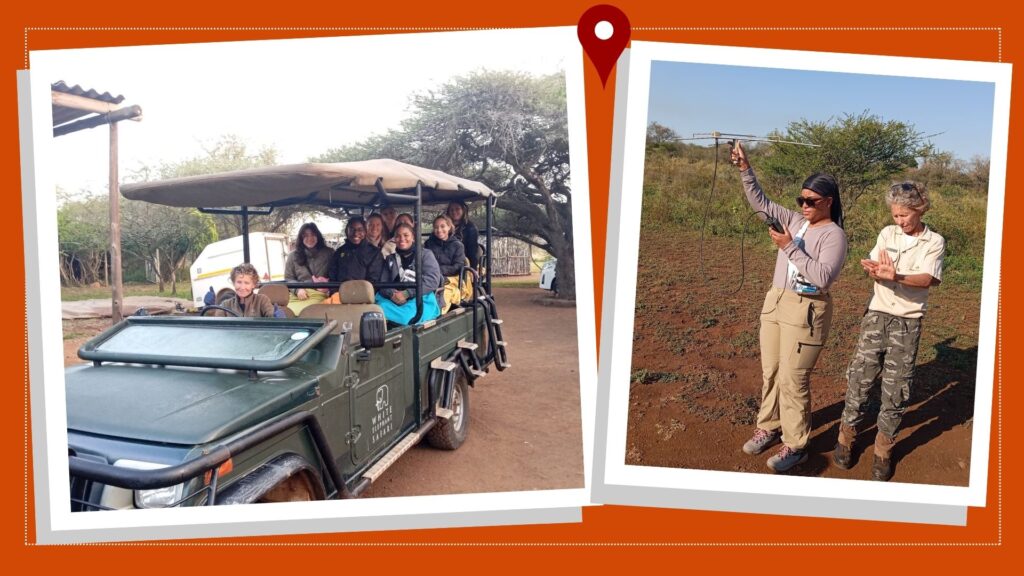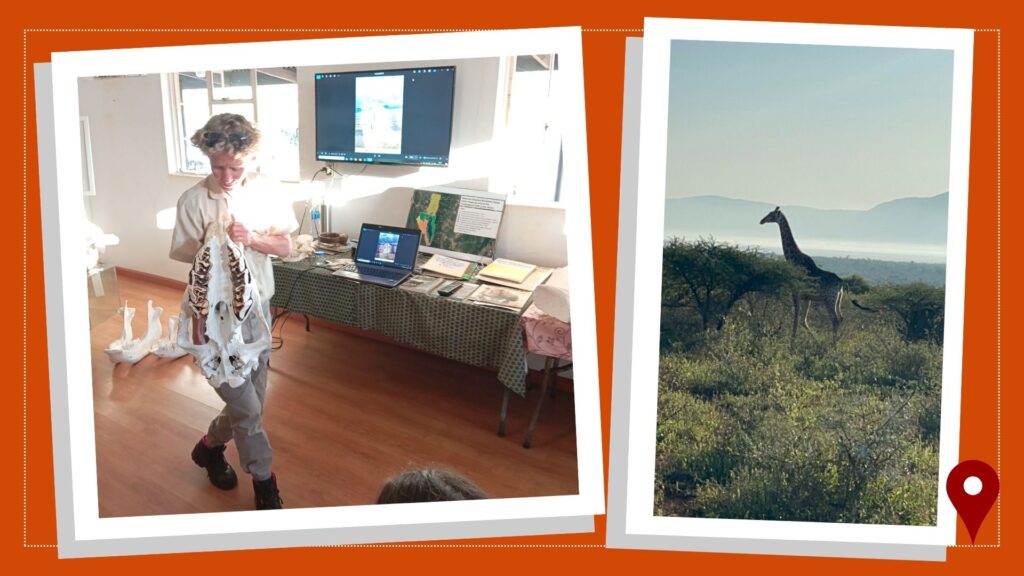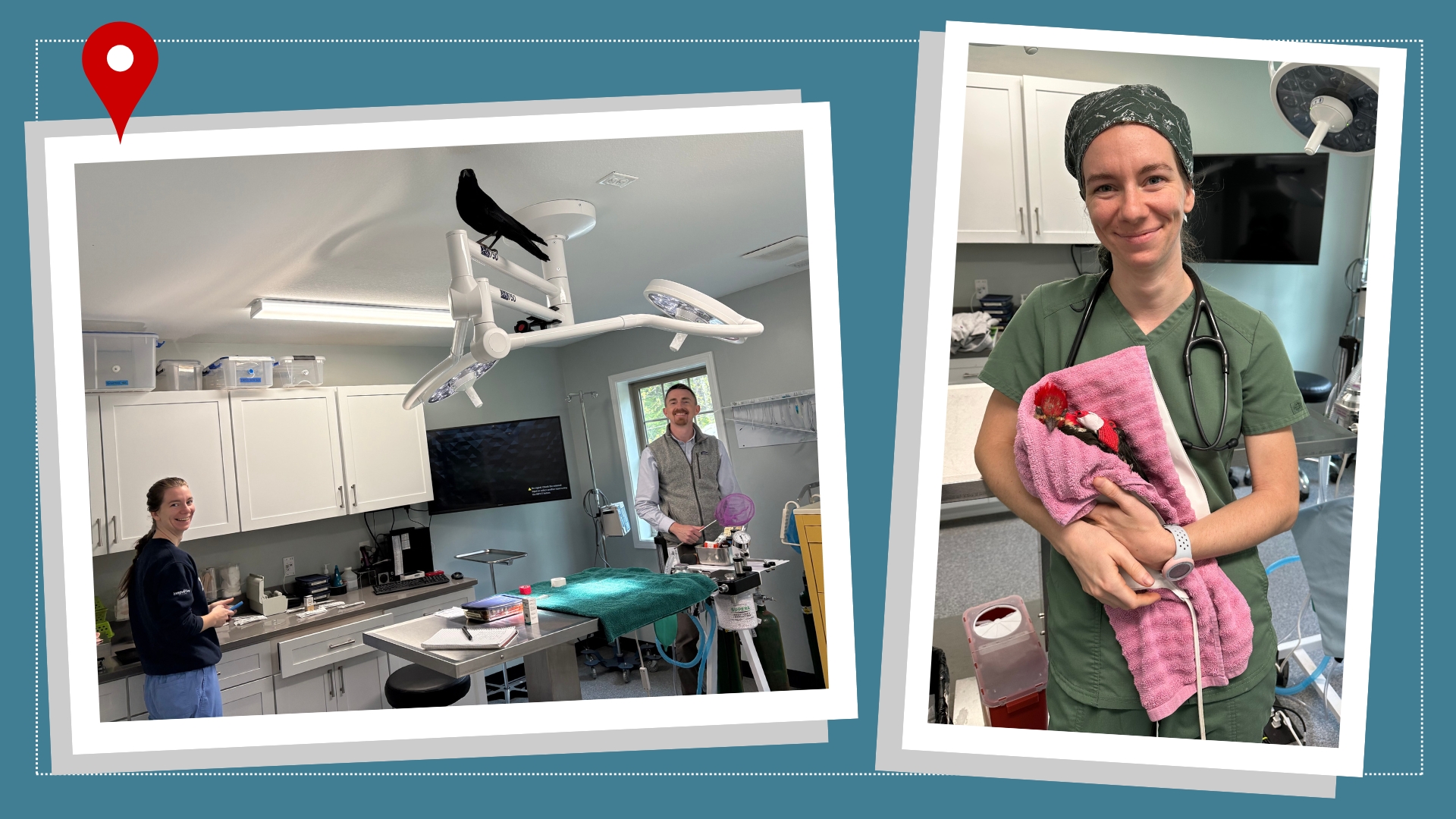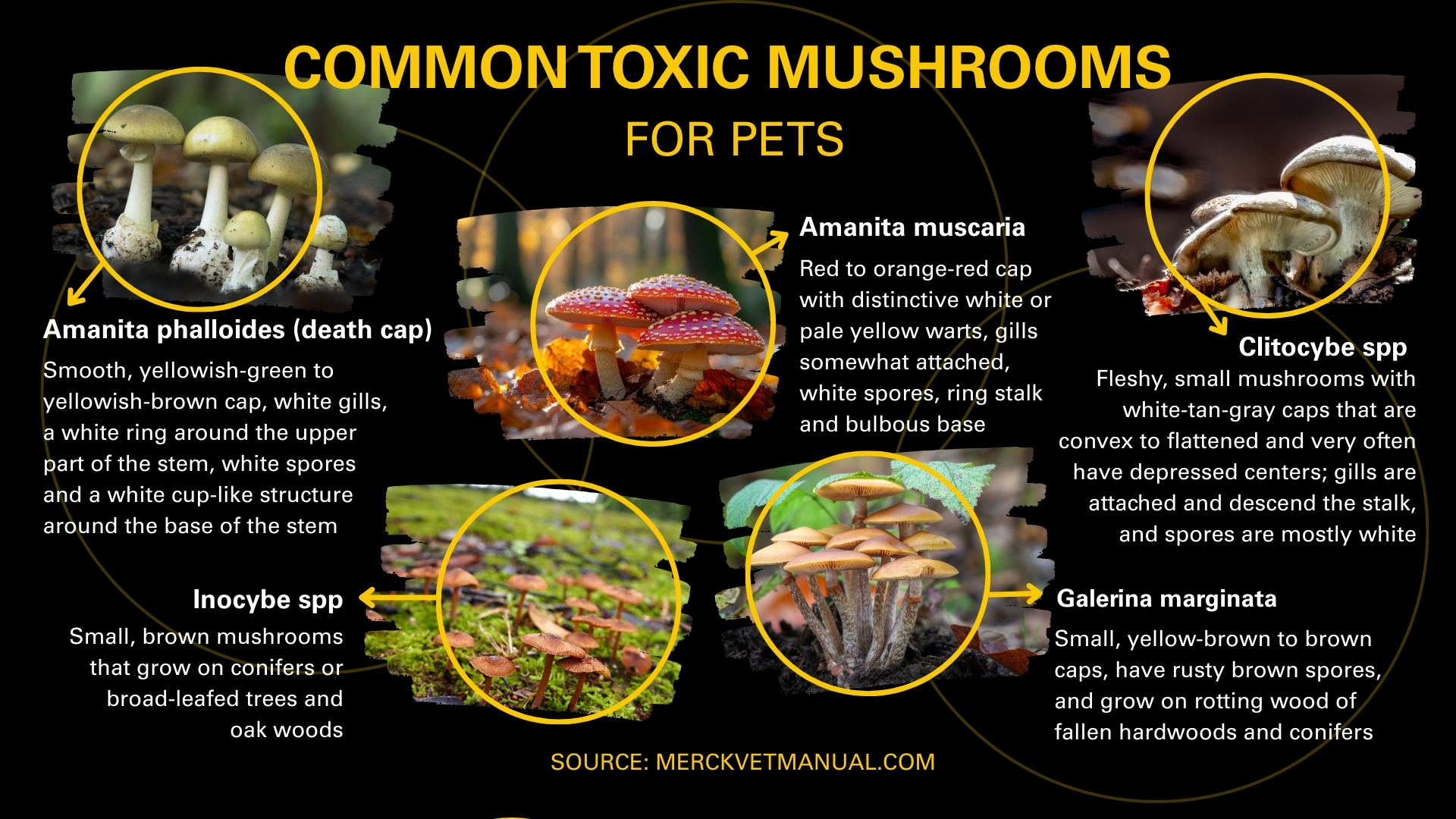From the South African Wilds, Aniya Brown Reports
Aniya Brown, NC State College of Veterinary Medicine Class of 2027, is spending several weeks in South Africa this summer, working with L!ve4Now Wild Vets.

WEEK ONE
I’ve always dreamed of going to Africa, and so far this journey has felt like stepping into a dream that I never want to wake up from.
After a smooth first leg on my journey, I had a 12-hour layover in London. I decided to make the most of it — and I’m so glad I did. With just a backpack and some curiosity, I set off into the city and managed to squeeze in several iconic sights: Big Ben, the London Eye and Westminster Abbey. I even treated myself to a classic British lunch of fish and chips at a cozy pub before making my way back to Heathrow to catch the long-haul flight to Johannesburg.
Once I landed in South Africa, I spent a night in a nearby hotel to rest up. The next morning, I met the rest of the group I’d be traveling with for the next leg of the journey. Our guide, Machiel, greeted us, and we loaded into a van to begin the seven-hour drive from Johannesburg across the South African countryside to our first destination: the White Elephant Research Camp Reserve in Pongola.

I’m here as part of the Live4now W!ld Vets program — a hands-on veterinary experience designed for students and professionals in the veterinary field. Over the course of the program, we’re learning about wildlife diseases, game capture, animal tracking, conservation medicine and even veterinary care in underserved communities. It’s an incredible opportunity not only to gain practical experience with both wild and domestic animals, but also to contribute to ongoing conservation efforts in one of the most biodiverse regions of the world.
On our first full day at White Elephant, we went on a game drive through the reserve. The thrill of spotting animals in their natural habitat was surreal. We saw impalas, giraffes and warthogs trotting through the brush. It felt like being inside a living documentary.
Later, we sat down with local conservationists to learn more about one of the pressing issues in the region: elephant-human conflict and the challenge of managing elephant populations responsibly. Hearing about the delicate balance between conservation and community needs gave us a deeper appreciation for the work being done here — and the complexity of protecting such intelligent, emotionally complex creatures.

Today was just as incredible. We woke up early for rhino tracking. Although we didn’t spot any rhinos, we did come across zebras, ostriches and buffalo — all while learning how to observe tracks and signs in the wild. In the afternoon, we practiced telemetry, using radio collars to learn how researchers locate and monitor animals out in the bush. It was a hands-on, completely fascinating experience that gave us a glimpse into what fieldwork is really like.
Tomorrow, we’ll be trading land for water as we head out on a river cruise to look for hippos and crocodiles. I’ve never seen either in the wild, so I’m excited to see what we find. After that, we’ll begin the journey toward Kruger National Park, one of Africa’s most famous and biodiverse reserves. I absolutely cannot wait to see what’s next.
More soon but, for now, just feeling incredibly grateful to be here.
- Categories:


